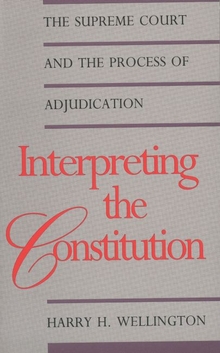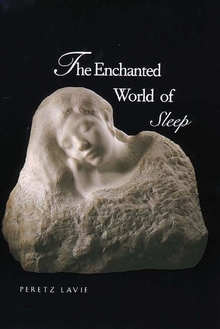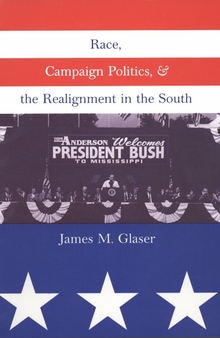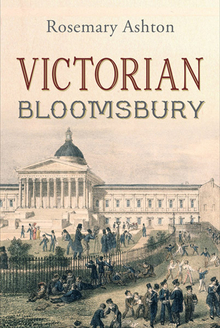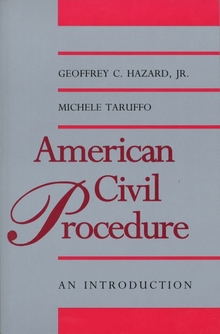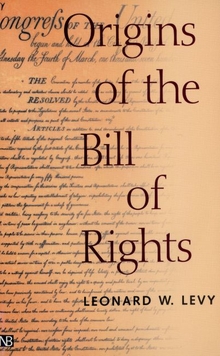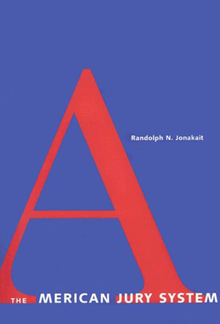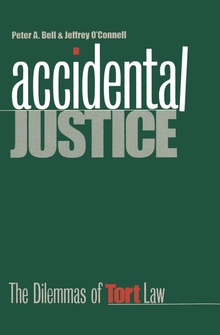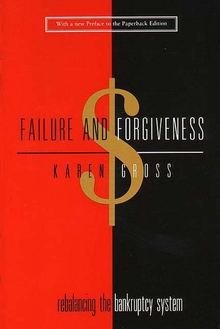Interpreting the Constitution
WARNING
You are viewing an older version of the Yalebooks website. Please visit out new website with more updated information and a better user experience: https://www.yalebooks.com
The Supreme Court and the Process of Adjudication
Harry H. Wellington
How does the Supreme Court work? Is there something undemocratic about having unelected judges overturn laws passed by elected legislators? How can a brief, two-hundred-year old constitution continue to provide the fundamental law for governing the United States? In this book a prominent legal scholar explores these questions with unusual clarity. Harry H. Wellington discusses judicial review (the process by which the court decides whether laws are valid) and the interpretive role the court plays in constitutional regulation and the resolution of individual disputes. Written in an engaging and accessible manner, the book offers fascinating examples of the court at work, in particular showing how it has addressed one of the most controversial political and judicial issues of our time—abortion.
Harry H. Wellington takes a frank and provocative look at the process of adjudication, showing how it incorporates and shapes public values and mores as they change from one generation to the next. He explains why democracies can tolerate judicial review by nonelected officials and he refutes the politically popular doctrine of “original intent” and explains why those who interpret the Constitution must be responsive to precedent and process. Wellington also shows how the American political system allows the public to respond to the Court’s decisions on such strongly debated issues as abortion. Although he argues for the retention of Roe v. Wade, Wellington points out that the Court makes mistakes, and he asserts that institutions, groups, and individuals sometimes have an obligation to contest the court’s readings and its authority. This often noisy dialogue, says Wellington, is necessary to make judicial regulation compatible with the democratic ideology on which the United States is based.
"Interpreting the Constitution is a thoroughly engaging book. Following a decade of frequently shrill dispute about the power of judicial review, Wellington asserts the inevitability and strength of the 'common law' approach to Constitutional adjudication. Written for non-lawyers, the book also speaks to the experts."—Gerhard Casper, William B. Graham Distinguished Service Professor of Law, University of Chicago
"A superb essay, beautifully designed for teaching and for a general audience. Wellington is not diffident about letting the reader know where he stands, but he is unfailingly clear about alternative positions and conclusions. I can think of no better introduction to the crucial problems of constitutional interpretation."—Stanley N. Katz, President, American Council of Learned Societies
"An important book that at once teaches and provokes the reader. The style is conversational and accessible to the general reader, but the substance is challenging."—Dean James F. Simon, New York Law School
"Here is a constitutional-law lesson as accessible as any now on the bookshelves. . . . Wellington grapples with many of the issues that arouse controversy in Congress and in the streets."—Herbert Mitgang, New York Times
"Provocative and timely. . . . This volume certainly gets the series off to a good start."—California Lawyer
"Of considerable interest for those with some background in the law."—Library Journal
"In a readable and engaging style, Wellington discusses the role of judicial review by an unelected minority in a majoritarian democracy and explains the mostly positive role the United States Supreme Court has played in American politics. Wellington distinguishes between partisans of judicial restraint (or originalists) and judicial activism with contemporary examples from speeches by past U. S. Attorney Generals, academic scholarship, judicial opinions, and the testimony of Supreme Court nominees. Wellington makes a convincing case for rejecting the original intent or originalist position and adopting a more moderate stance which accepts the value of judicial review in a changing society. . . . The conversational style, relative absence of academic jargon, contemporary and challenging issues raised in Interpreting the Constitution make it interesting and useful to lay readers as well as the scholarly community. It is a good introduction to the place of the Supreme Court in interpreting the Constitution and the justification, yet drawbacks, for a nondemocratic institution in our polity."—Laura R. Woliver, Law and Politics Book Review
"In a relatively short book he describes the difficulties the Court faces in interpreting the Constitution, outlines and critiques alternative approaches, and presents his own solution to the dilemmas presented by constitutional judicial review. . . . A major strength of the book is its analysis of the problems of judicial review and of the difficulties with existing scholarly solutions."—Erwin Chemerinsky, Trial
"Political and immediate, locating the function of adjudication as a special part of the political process."—Richard Hodder-Williams, Times Higher Education Supplement
"An exemplary volume. . . . A stimulating, candid, learned invitation to interested readers in and out of academe."—Choice
"Highly readable, conversational . . . well suited to the general audience for which [t]his book and others in this new series are intended."—Tinsley E. Yarbrough, Political Science Quarterly
"Rewarding. . . . [Addresses] that central and perennial question of unaccountable courts in a democratic polity within a framework that is firmly embedded in political realities and contemporary political practice."—Richard Hodder-Williams, American Politics Review
"In a very readable book that is both rich in substance and short in length, Professor Wellington addresses judicial interpretation of the United States Constitution. . . . The author has mastered the rare ability to inform and to advocate at the same time. . . . Wellington's book is thought provoking, informative, well researched, and directly to the point in its observations, value judgments and recommendations. . . . It is a worthwhile addition to the libraries of informed citizens, law students, and members of the legal profession."—William W. Petrie, Western State University Law Review
"For its intended audience of nonlawyers, Interpreting the Constitution is right on target. It reduces large problems and abstractions to the language of common sense, and it strips away much of the mystery that too often surrounds constitutional adjudication. For legal academics, Wellington's book poses a challenge: Have we imagined the Supreme Court's proper role too much in our own (idealized) image—as the political philosophers, the clear seers of principle, that we would like it to be? . . . [A] lucid and provocative book."—Richard H. Fallon, Jr., Yale Law Journal
"Wellington cuts to the heart of the problem of constitutional interpretation. This short and lively book offers a refreshing view of judicial power and the role of the Court. . . . It will be rewarding reading for anyone interested in legal history, the Supreme Court, and constitutional development."—Paul Kens, Journal of American History
"This is an interesting book, especially if read in conjunction witht he others in the series, which should be part of any good library on white-colar crime. Its principal conclusion . . . is that white-collar crime is properly ynderstood not in terms of the ciriminals who commit the offences, but in terms of the opportunities for offending."—J. F. Clarke, British Journal of Criminology
Publication Date: July 29, 1992

